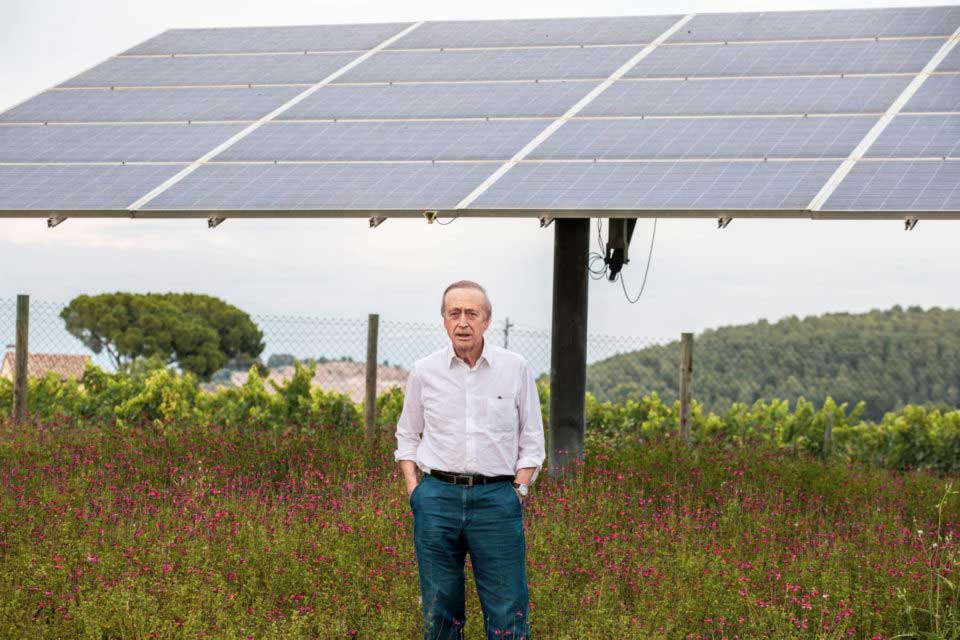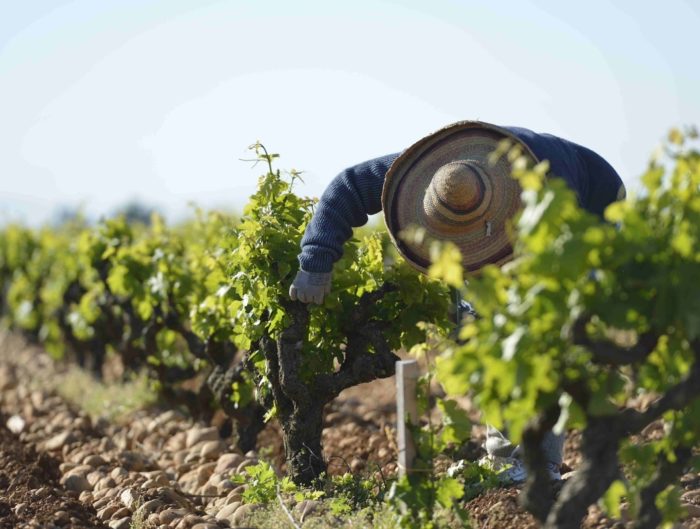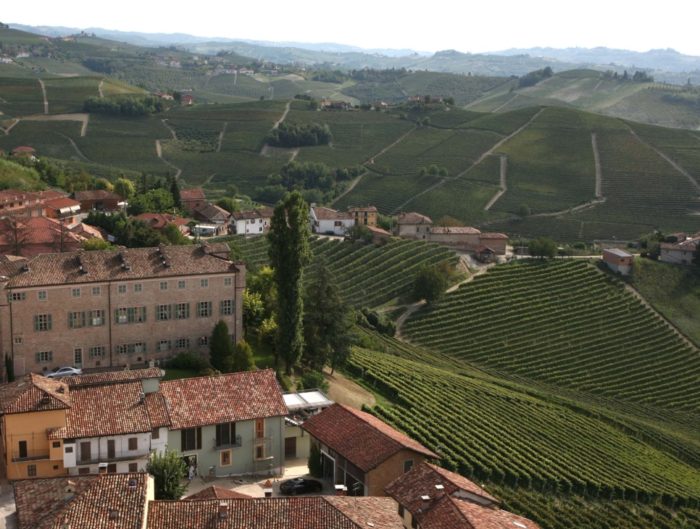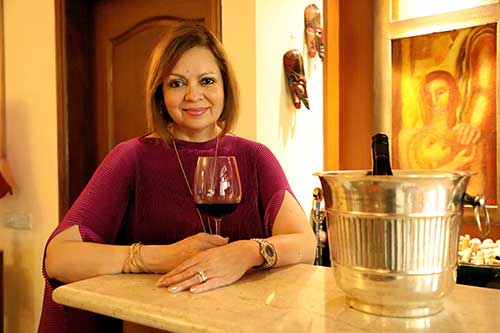When it comes to climate, what was once mere ‘change’ has quickly turned into a ‘crisis’. Miguel A Torres is leading from the front, and wineries from around the world are joining with his vision
The alarm bells have been ringing for several years now and it is now more evident than ever that our planet as we know it is changing, that we are facing a climate crisis.
We have been reading of, and experiencing unseasonal rain and hail, storms and forest fires, rising temperatures and unpredictable weather events. These, say experts, are harbingers of change – and not for the better. And these are affecting winemaking everywhere. Dramatically.
Let’s take Europe. Home to some of the world’s most famous wine regions including premium growing regions in France, Spain and Italy, Europe is the world’s leading producer of wine, accounting for 45 per cent of wine-growing areas in the world. According to reports, current harvests are coming in at least two to three weeks earlier than they did in the 1980s. Over the next couple of decades until 2050, Europe’s temperature is expected to warm by three to five degrees Celsius, causing drastic advances in harvest dates.
Grapes are delicate and finicky to grow and react to even subtle changes in the weather, which can alter their chemistry and the quality of wine they produce. In colder temperatures, grapes do not completely ripen, resulting in high acidity, low sugar and unripe flavours. Conversely, hotter temperatures produce overripe grapes with low acidity, high alcohol content and cooked flavours. These changes are only expected to intensify over the coming years.
Miguel A Torres, scion of Spain’s famous Familia Torres has been speaking about the climate crisis for a long time. Along with Katie Jackson of USA’s Jackson Family wines, he founded IWCA in 2019, a multi-tiered international collective of wineries dedicated to taking decisive climate action via a science-based approach – reducing greenhouse gases, improving land stewardship, protecting biodiversity and becoming socially responsible local businesses. IWCA has already got over 20 leading wineries around the world to sign up, including India’s Sula Vineyards.
In an interview with Miguel A Torres, I explored how the IWCA could work to reduce the intensity of negative change.
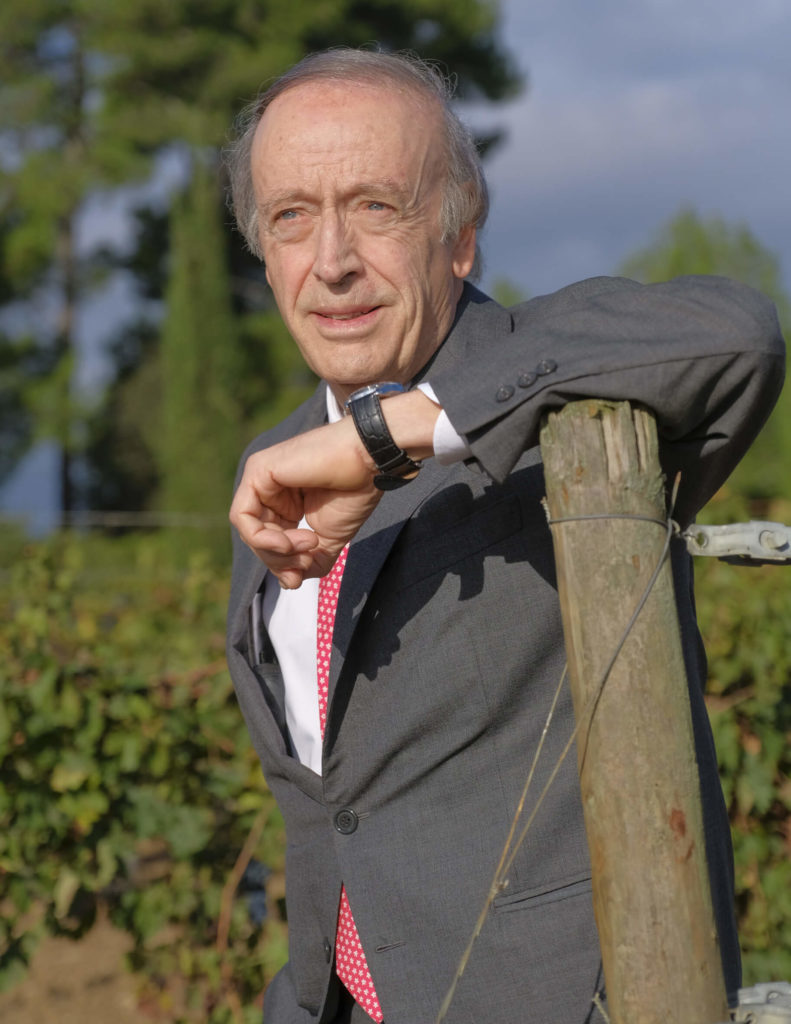
“Our goal was to gather the most environmentally-committed wineries, and we hoped our initiative would work as a boost for other wineries to accelerate or start their carbon emissions reduction programs.
IWCA members are held accountable for their commitments and must demonstrate tangible progress towards climate neutrality by 2050.”
-Miguel A. Torres
How much of a difference has the IWCA made since its inception?
When Katie Jackson of Jackson Family Wines and I co-founded IWCA as a working group in February 2019 in Barcelona, we wanted to act and move beyond “just talking” about the urgency of climate change. Our goal was to gather the most environmentally-committed wineries, and we hoped our initiative would work as a boost for other wineries to accelerate or start their carbon emissions reduction programs. So, it is great to see that we are now more than 20 wineries worldwide, with just a few weeks ago 12 new applicant members joining, one of them Sula Vineyards. Have we made a difference? If you look at the climate crisis we are facing, our contribution is of course small, but I think we are showing to other sectors that things can be done by working together. As Fiona Macklin from the UN-backed Race to Zero Campaign said at the presentation of IWCA’s first Annual Report in London last week: “With IWCA being the first partner initiative from the food and agriculture sector in Race to Zero, IWCA is demonstrating leadership and rigour in managing its members to meet the robust, science-aligned criteria needed to race towards a better, healthier, zero-carbon world.”
What are your hopes going forward, for the group?
Let us now hope that the decisions made by world leaders at COP26 will be honoured. It is clear that no one can afford a “stand by and watch” attitude towards climate change anymore; what we have is a climate crisis and it is crucial that action is taken on all levels, in all sectors, in all parts of the world so that together we can put a stop to this madness that will make our earth almost uninhabitable at the end of this century. My hope for IWCA is of course, that more wineries will sign up. We now have a new tiered membership structure – with Applicant, Silver and Gold Members – and I think with the possibility of first becoming an ‘Applicant’, new potential members can now join earlier and learn from the other members.
Would you have any information on what any of the member wineries have done or are in process of doing regarding reducing carbon emissions?
Please see IWCA’s first Annual Report, in which you can find detailed information of all the relevant projects each member has done and is planning to do. You have to know that this annual report is not only a reflection of the rigorous science-based approach of IWCA but also a reporting document that ensures that applicants and members are held accountable for their commitments and demonstrate tangible progress towards climate neutrality by 2050. This is not only a requirement of IWCA membership but also to remain part of the Race to Zero Campaign.
But allow me to mention just two relatively new projects we have been working on; the first one is a real circular economy project we implemented during this 2021 harvest, in which a new system absorbs the CO2 from fermentation and stores it in balloons arranged above the fermentation tanks. In these balloons, the gas is compressed to a pressure that allows it to be transported to the starting point of the inerting circuit of the winery and finally reused to inert the wine vats. Until now, we bought CO2 from an external supplier, but thanks to this new system, the result of several years of research and testing, we will be able to reuse about 20 tons of CO2 per year (which is about 1% of the total amount of 2,600tons of C02 produced by our fermentation; for the future, we plan to increase this to about 3%, which would then mean that a 100% of the C02 used for inerting purposes would come from our “fermentation CO2”). This reduction will also help lower our carbon footprint; because the CO2 captured and reused in this new system, corresponds to the CO2 that the vine had absorbed through photosynthesis, which is considered neutral in emissions, unlike the CO2 purchased, which is of fossil origin.

“I have always considered India very important and a market with an incredible potential for the future, a fast-growing middle class with a genuine interest not only for wine but also for sustainability, especially the younger generation”
The other one is about Regenerative Viticulture, an agricultural plan we launched this year to implement the regenerative agriculture model in our organic vineyards. Our plan includes the conversion, over five years, of more than 500 hectares of organic vineyards spread across the Penedès, Priorat, Conca de Barberà, and Costers del Segre (in Spain) denominations of origin. The aim is to achieve a new balance based on increasing biodiversity and organic matter naturally, thus enhancing the role of the vineyards as carbon sinks. We are aware that this is a long learning process where we’ll also have to ‘unlearn’ to find a new balance. It is a paradigm shift in vineyard management, but we hope that with regenerative grape growing it will be possible to store atmospheric carbon in the soil. To increase organic matter, the regenerative model includes different strategies such as the use of organic compost and animals – e.g. sheep in the vineyards – to encourage soil fertilization naturally. With all of these actions together we hope that we can reduce our carbon footprint by 2-3% in the future.
Recently, an Indian winery, Sula Vineyards has joined the association. What are your views on the Indian situation?
I have always considered India very important and a market with an incredible potential for the future. I am optimistic because I see a fast-growing middle class with a genuine interest not only in wine, but also in sustainability, especially the younger generation; we see that in many parts of the world.
I have the impression that now with the abnormal and extreme rain and drought patterns (with many more hurricanes than before, glaciers disappearing, fires in the Amazon, in California, in Australia, etc.), finally people start to realize that something is going on (or actually going wrong). And that – as I mentioned before – it is crucial that action is taken on all levels, in all sectors, in all parts of the world. So, it is of course great that Sula Vineyards joined IWCA, as it is one of the leading and most prestigious wineries of India. This means that there is a bigger chance that other wineries in the region will hear and learn about IWCA. I am convinced that this will have a multiplier effect and more will join IWCA and through IWCA also Race to Zero.

